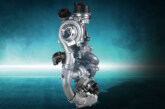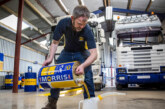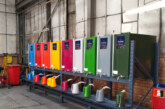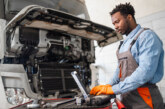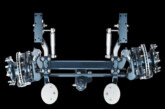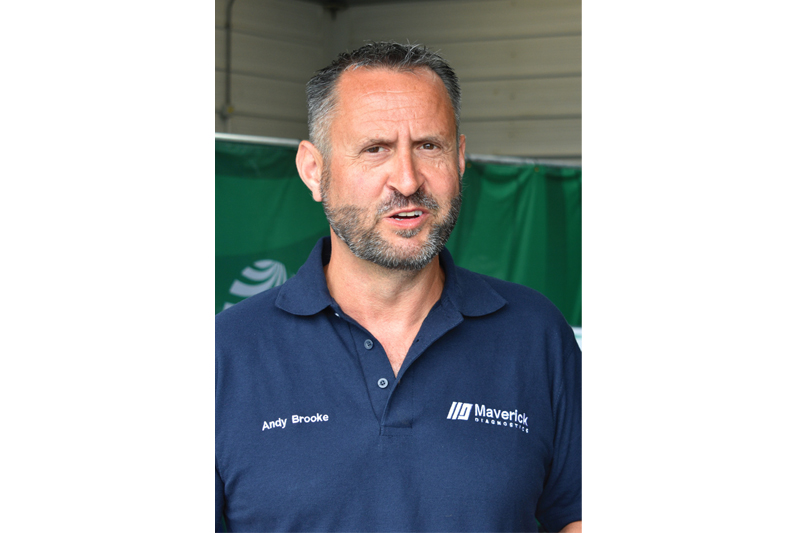
Andy Brooke, Managing Director at Maverick Diagnostics, explores an issue he only discovered in later life, which has played a major part in his development – dyslexia.
Most of us ask ourselves at some point: “Why did I ever become a workshop technician?” The answer normally goes back to when you were a small child. I, for one, was an addicted fixer of anything at an early age; I was addicted to Lego, Meccano, even Stickle Bricks. Later, I became a keen builder of cars and motorbikes and there are pictures of my two-year old self trying to fix a pedal car – I’m sure it will pop up publicly somewhere eventually. I got my first car age 13, a Mini 1000, and started autograss racing in the junior class. In short, I’ve been a committed petrolhead for as long as I can remember.
My love of cars and car repair aside, the truth is that I struggled at school. My reports invariably said things like “Andrew is intelligent but cannot concentrate”. Just to rub things in, I come from a family of published authors and journalists, with my own sister being an excellent writer with a masters in English and lots of other similar qualifications. Obviously, this put further pressure on me. At 16 I applied to the RAF to become an airframe technician, but I failed to get in. Interestingly, they thought I had cheated on the IQ test, as my results were fantastic – especially when compared to the “miserable failure” of my English test.
Daunting discovery
I was almost 25 before I discovered the potential reason for my difficulties in academia: I’m dyslexic. Even today, it’s a hellish struggle for me to write these words in the correct order. Fortunately for us in the 21st century, computers now correct our errors automatically, or at least highlight them with a handy red zigzag line. Also, I’m lucky enough to have lovely proofreaders to check I’m making any sense at all.
So, I hear you asking: “What has this got to do with the motor industry?” Well, the truth is many technicians I speak to also prove to be dyslexic, including some of the very best. Perhaps they find it easier to naturally understand how things work?
Here’s the rub: I work mainly with dealer diagnostic tools, software, computer, and network systems and have done for too many years to count, so I feel I’m well placed to understand the struggles many have. For example, when I’m reading diagnostics instructions on a screen, I must read through them many times, to make sure I’m not going to ‘brick’ the car. When you’re under pressure to get a diagnostic job done it can be stressful. I now feel that dyslexia has made me a far better technician; it has forced me to be very methodical and I’m now able to think laterally and carefully about all sorts of situations.
I find a lot of vehicle technicians learn simply by kinaesthetic methods i.e. hands-on practical work, outside of the classroom. Unfortunately, as vehicles advance, we will all need to have a certain level of electrical knowledge, which will inevitably involve reading and writing.
I’ve found the ideal way around this: there are so many helping hands these days from text-to-speech software and speech-to-text software, such as Nuance, which helps you with grammar, spelling and, well, everything. It’s so useful, in fact, that I used it to write this article!


